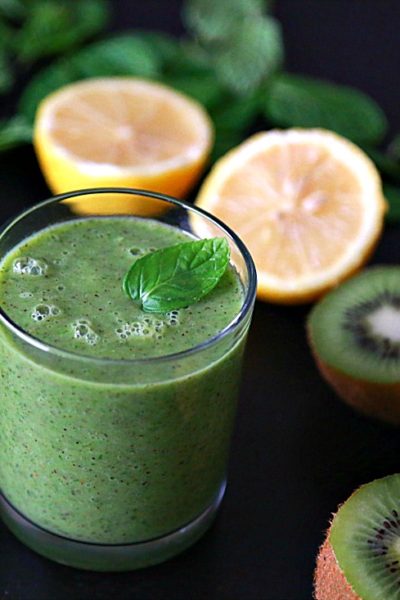GMO labeling and Prop 37 in California As a dietitian and blogger interested in writing about the striking news in fields of nutrition, health and agriculture; I feel I’m obliged to write about the “GMO labeling and Proposition 37 in California” issue. Even though I don’t want to write about this because I’m aware that behind the scene, there are a lot of companies and organizations are involved in this matter. $45.6 millions were spent by big food companies Like Monsanto, to fight the campaign to prevent labeling food items, whether it has any content of GM or it’s natural.
Here, I can see that these companies are working diligently to preserve their positions in the market and, defeating their competitors. And that increasing their profits is more vital than the consumer’s health. I’ll try to cover the aspects about this subject, but unfortunately there is no one alone capable to guarantee the safety of using GMO techniques on human and the environment.In European countries, Japan, China and, other countries have banned the use of GMO products. So why don’t people in America have the right to know what’s in their food? First, let’s talk about the Prop 37.

What is Prop 37?
According to the Giannini Foundation in the article “California’s Proposition 37: Effects of Mandatory Labeling of GM Food” Prop 37 Is a law that would mandate the labeling of foods produced from genetically modified (GM) crops—also known as either biotech or genetically engineered (GE) crops and, according to “California General Election” it requires labeling of food sold to consumers made from plants or animals with genetic material changed in specified ways. Prohibits marketing such food, or other processed food, as “Natural.” It also provides exemptions.
What is GMO food?
It’s a crop or animal or plant, modified with molecular biological techniques to enhance desired traits like high resistance to insects. It has been used since the eighties.
What is the effect of GMOs on humans?
In 1992 the FDA (food and drug administration) declared that genetically engineered foods are “not inherently dangerous” and do not require special regulation. According to the Association for the Advancement of Science (AAAS) the science is quite clear: crop improvement by the modern molecular techniques of biotechnology is safe. There are a lot of controversies and arguments about the benefits and concerns of using GM crops. Some are arguing how it can end the world hunger. Other experts like environmentalists have many concerns about environment safety. Some doctors and registered dietitians claim that GMOS increase the rates of food allergenicity among children.
In one French study published in Food and Chemical Toxicology in Sep 2012, revealed that mice who ate modified corn were more likely to die at an earlier age and developed health problems, but a lot of scientists claim this study is based on poor evidence. We need long terms studies for the effects of GMO on human. We need scientists, biologists, environmentalists and dietitians to gather their experiences and their knowledge, to from an idea about the possible health effects on humans.
Unfortunately, we can’t do much about stopping biotechnology, but there a few steps you can do:
- Don’t depend on processed food for your diet, choose fresh products.
- Encourage movements in the state you live in against GMOs, read more about GMO, use the Non GMO shopping guide .
- Go for Organic products whenever possible; go shopping from the farmer’s markets, most of them sell organic products even though most of them are not certified.
Finally, I hope the government will take part in what’s going on. After President Obama’s re-election, I hope he will give these issues consideration especially since the first lady Michelle Obama started the Let’s Move campaign and others related to nutrition and health in general.
For further Reading:
Proposition 37: Of Passions, Profits & Prospective Lies, Dirty Tricks, and $45 Million Kill GMO Labeling in California
Does GMO Corn Really Cause Tumors in Rats?





